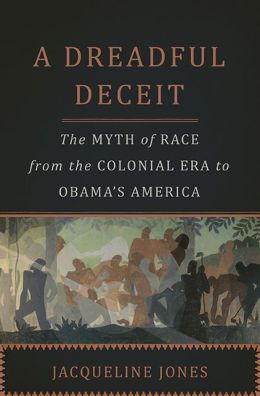
When [Walter] Kirn was just starting his novel-writing career, he met a man who was a bold financier, an art collector, a fussy eccentric, a dog lover and a Rockefeller. They became friends.
But over the years Kirn began to learn that the man who called himself Clark Rockefeller was none of that — not even a dog lover. He was a psychopath and a killer.
How did Kirn fall for the fraud? Was Christian Karl Gerhartsriter — aka “Clark Rockefeller” — extraordinarily compelling? Or was the novelist, like a lot of other people drawn to the imposter, duped by his own desire to have an attachment to a famous name?
So opens a radio story on the curious case of Clark Rockefeller — or, might we say instead, the curious case of people, such as Kirn himself, who believed his friend to be the man he claimed to be. The difference between how we approach this story — is it about Rockefeller (pictured above) or Kirn? — tells us much about the social theory used to tell the tale. Continue reading “Everybody Plays the Fool”
 Want to see a good example of the pro-corporate bias in the media?
Want to see a good example of the pro-corporate bias in the media?
 National Public Radio’s “
National Public Radio’s “
 One of my department’s grads recently posted this
One of my department’s grads recently posted this  “There’s an assumption … that a person’s race is fixed…” — so opens a report this morning, on National Public Radio, of controlled, empirical evidence to the contrary, indicating the manner in which social cues and assumptions of their significance (e.g., Have you been to prison? Did you die of liver failure due to alcohol?) prompt people to ascribe this or that identity, such as a race, to other people…, and even to themselves.
“There’s an assumption … that a person’s race is fixed…” — so opens a report this morning, on National Public Radio, of controlled, empirical evidence to the contrary, indicating the manner in which social cues and assumptions of their significance (e.g., Have you been to prison? Did you die of liver failure due to alcohol?) prompt people to ascribe this or that identity, such as a race, to other people…, and even to themselves.  A
A  An interesting, though brief, story was on the radio this morning, concerning the September 1, 2010, ban on smoking in enclosed public places in Greece — a ban that I think it fair to say has only gradually gained some traction among the Greek public.
An interesting, though brief, story was on the radio this morning, concerning the September 1, 2010, ban on smoking in enclosed public places in Greece — a ban that I think it fair to say has only gradually gained some traction among the Greek public. I caught
I caught  I caught an interview on the radio this morning with
I caught an interview on the radio this morning with  A recent story on the sounds of New York in the 1920s brings up a curious thing — whether the past is more real when listening to it (or seeing it, in old movies or photos, for example) rather than just reading about it (whether in so-called primary or secondary sources).
A recent story on the sounds of New York in the 1920s brings up a curious thing — whether the past is more real when listening to it (or seeing it, in old movies or photos, for example) rather than just reading about it (whether in so-called primary or secondary sources).